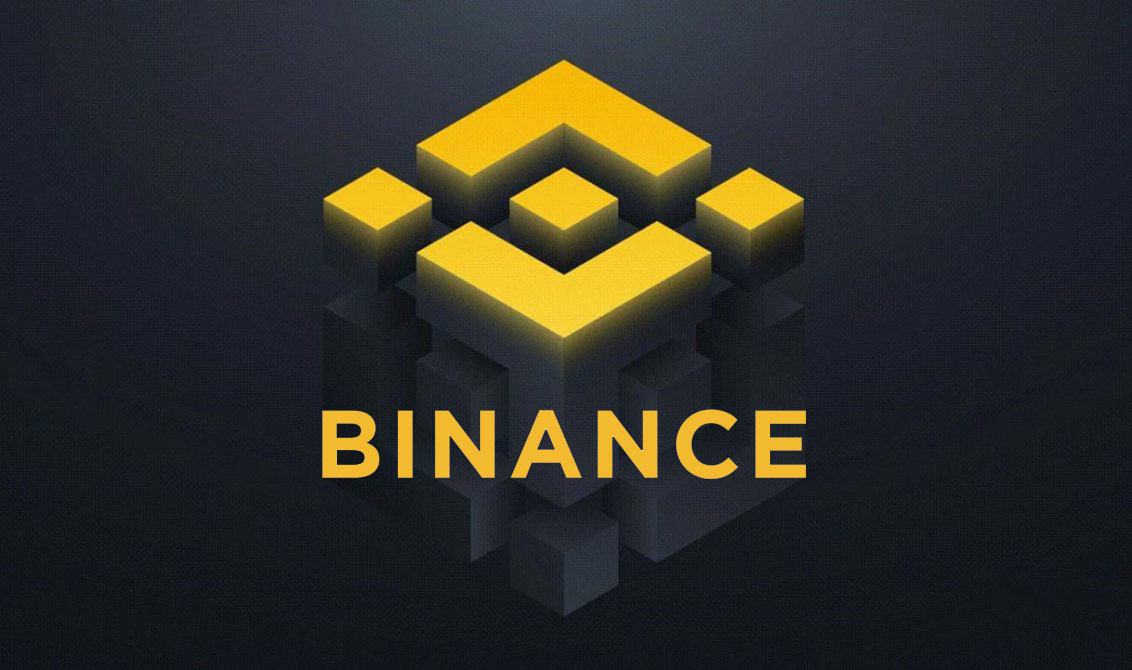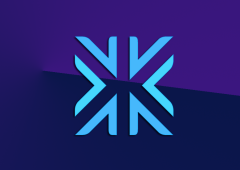Binance Resumes Operations in India After 7 Months Ban
15.08.2024 17:30 1 min. read Alexander Stefanov
Binance, a major crypto exchange, has reappeared on India's Google Play Store and Apple's App Store after a seven-month ban for failing to comply with local regulations.
On August 15, Binance again made its website and apps available to Indian crypto investors. The re-entry follows Binance’s registration as a reporting entity with India’s Financial Intelligence Unit (FIU-IND), fulfilling a legal requirement for all crypto exchanges operating in India to combat money laundering.
Earlier in January, FIU-IND blocked Binance and eight other exchanges for failing to register with law enforcement. Although Binance registered with the Indian government, the company has not confirmed whether it has paid the $2.25 million fine previously imposed for non-compliance.
Binance’s CEO, Richard Teng, stressed the importance of complying with Indian regulations, highlighting India as a key market with high transaction volumes.
This listing marks Binance’s 19th global regulatory milestone, reaffirming its commitment to adhering to strict regulations and fostering a secure environment in the Indian crypto market.
#Binance goes live in India 🇮🇳
Binance is now registered as a reporting entity with India’s Financial Intelligence Unit, marking our 19th global regulatory milestone!
Our website and app are now fully available for Indian users.
Read more 👇https://t.co/samyDmwwut
— Binance (@binance) August 15, 2024
-
1
UK Regulators Unveil PISCES – A New Era for Private Share Trading
11.06.2025 15:00 2 min. read -
2
Trump Turns 79 With Billions in Crypto and a $45M Parade
14.06.2025 22:00 2 min. read -
3
Polygon Breaks from Decentralization as Sandeep Nailwal Assumes Full Control
11.06.2025 20:00 2 min. read -
4
KuCoin Plants Its Flag in Bangkok With a Licensed Thai Exchange
14.06.2025 13:00 1 min. read -
5
Nvidia CEO Urges UK to Invest in AI Infrastructure or Risk Falling Behind
10.06.2025 9:00 1 min. read
U.S. Bank Advises Clients to Drop These Cryptocurrencies
Anchorage Digital, a federally chartered crypto custody bank, is urging its institutional clients to move away from major stablecoins like USDC, Agora USD (AUSD), and Usual USD (USD0), recommending instead a shift to the Global Dollar (USDG) — a stablecoin issued by Paxos and backed by a consortium that includes Anchorage itself.
Vitalik Buterin Warns Digital ID Projects Could End Pseudonymity
Ethereum co-founder Vitalik Buterin has voiced concerns over the rise of zero-knowledge (ZK) digital identity projects, specifically warning that systems like World — formerly Worldcoin and backed by OpenAI’s Sam Altman — could undermine pseudonymity in the digital world.
What Are the Key Trends in European Consumer Payments for 2024?
A new report by the European Central Bank (ECB) reveals that digital payment methods continue to gain ground across the euro area, though cash remains a vital part of the consumer payment landscape — particularly for small-value transactions and person-to-person (P2P) payments.
History Shows War Panic Selling Hurts Crypto Traders
Geopolitical conflict rattles markets, but history shows panic selling crypto in response is usually the wrong move.
-
1
UK Regulators Unveil PISCES – A New Era for Private Share Trading
11.06.2025 15:00 2 min. read -
2
Trump Turns 79 With Billions in Crypto and a $45M Parade
14.06.2025 22:00 2 min. read -
3
Polygon Breaks from Decentralization as Sandeep Nailwal Assumes Full Control
11.06.2025 20:00 2 min. read -
4
KuCoin Plants Its Flag in Bangkok With a Licensed Thai Exchange
14.06.2025 13:00 1 min. read -
5
Nvidia CEO Urges UK to Invest in AI Infrastructure or Risk Falling Behind
10.06.2025 9:00 1 min. read


